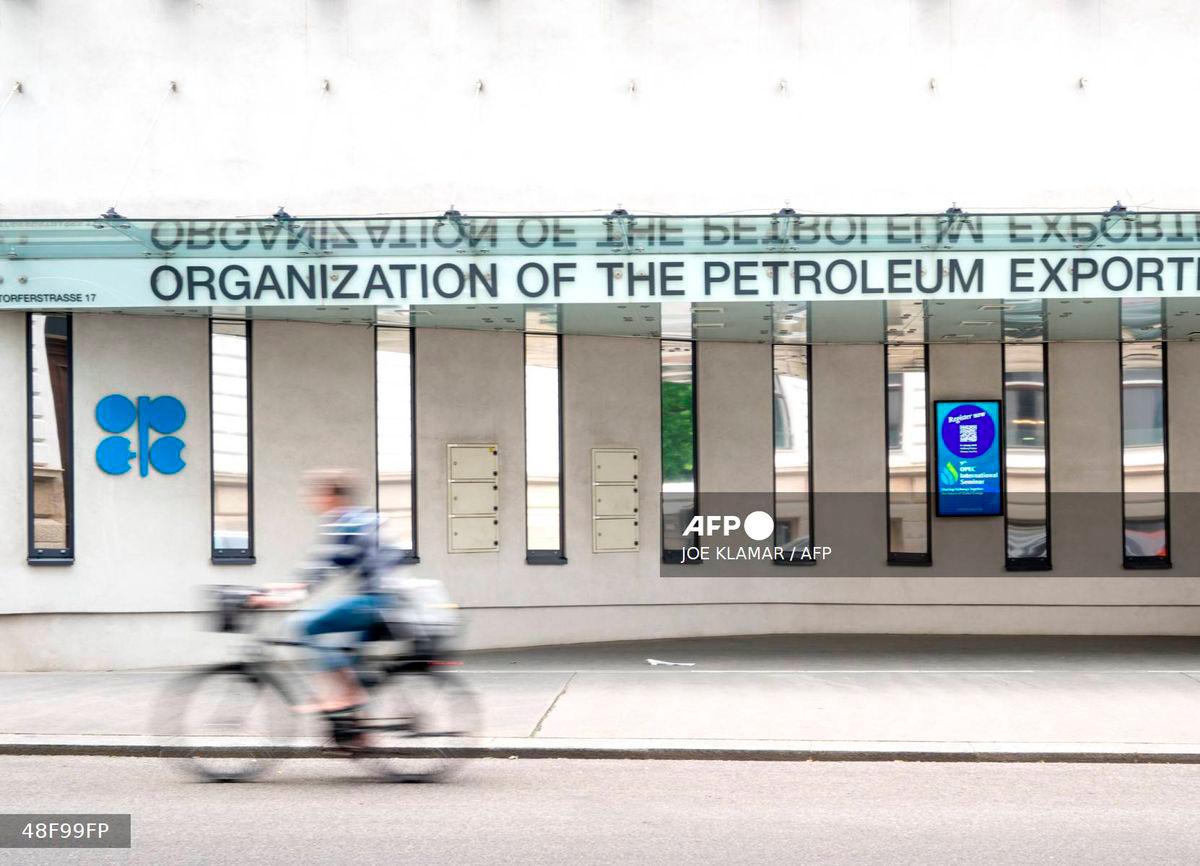LONDON: Saudi Arabia, Russia and six other key OPEC+ members are likely to agree to raise crude output when they meet virtually on Sunday.
Analysts remain divided over the size of the expected production hike from the group of eight oil-producing countries known as the Voluntary Eight.
The meeting occurs as oil prices head for weekly losses amid rumours of a possible output increase of up to 500,000 barrels per day.
OPEC issued a statement on Tuesday urging news outlets to exercise accuracy and avoid fuelling market speculation after dismissing media reports as wholly inaccurate and misleading.
Experts had initially anticipated a production hike of 137,000 barrels per day from November, mirroring the October increase.
Commerzbank analyst Barbara Lambrecht cautioned that uncertainty remains because the group has frequently surprised markets with swift production hikes recently.
The Voluntary Eight group has boosted production by 2.5 million barrels per day in total since April.
This group comprises Saudi Arabia, Russia, Iraq, the United Arab Emirates, Kuwait, Kazakhstan, Algeria and Oman.
OPEC+ has accelerated output increases at a pace very few predicted at the beginning of the year.
This marks a shift from a long period where producers implemented production cuts to combat price erosion by making oil scarcer.
The International Energy Agency noted OPEC+’s strategy change aims to regain market share amid competition from other countries.
The IEA highlighted that output from the United States, Brazil, Canada, Guyana and Argentina stands at or near all-time highs.
Global demand outlook for crude remains largely unchanged according to the IEA, with growth of around 700,000 barrels per day expected for both 2025 and 2026.
OPEC offered more optimistic projections, forecasting worldwide oil demand increases of 1.3 million barrels per day in 2025 and 1.4 million barrels per day in 2026.
PVM analyst Tamas Varga suggested signs of a long-awaited glut are now loudly knocking on the doors of our market.
The possibility of a larger quota increase has sent Brent crude prices plummeting below $65 per barrel.
Brent crude has lost around eight percent in value over the past week.
Russia could oppose a sizeable quota increase from next month amid fears of further crude price declines.
Rystad Energy analyst Jorge Leon explained that Russia depends on high prices to fund its war machine.
Unlike Riyadh, the Kremlin has limited potential to increase production due to Western sanctions.
Russia currently produces around 9.25 million barrels per day according to Kpler analyst Homayoun Falakshahi.
Russia’s maximum production capacity stands at 9.45 million barrels per day compared to around 10 million barrels per day before the war.
Ukrainian strikes on Russian refineries have intensified since August according to Global Risk Management’s Arne Lohmann Rasmussen.
These strikes have translated into rising crude exports from Russia because the oil cannot be used domestically.
This situation makes Moscow even more dependent on selling its crude abroad. – AFP









